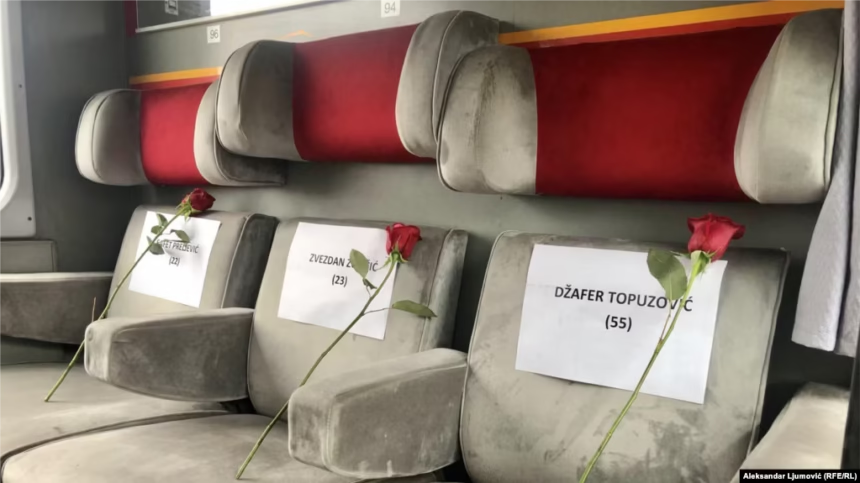On February 28, the Parliament of Montenegro passed amendments to the Law on War Veterans and Invalids Protection, granting compensation or social benefits to families of civil war victims from the 1990s conflicts. Under the new law, a civil war victim is defined as a Montenegrin citizen who died or went missing as a civilian during armed conflicts within the former Socialist Federal Republic of Yugoslavia (SFRJ) after August 17, 1990, reports RFE.
The law recognizes as civil war victims individuals with citizenship from SFRJ countries, with social benefits for their families holding Montenegrin citizenship. Some families will receive one-time financial assistance, the amount of which will be determined by the government.
Minister of Social Affairs Damir Gutić stated, “This decision is not only legal but deeply moral, showing that the state makes no distinction between victims and that all human suffering is equally deserving of recognition and support.”
The law addresses compensation for victims of specific events, such as the expulsion of Bosniaks from Bukovica in 1993, the abduction of Bosniaks from the Belgrade-Bar train in Štrpci in 1993, and the suffering of civilians in Murino during the 1999 NATO intervention.
While the law was passed, it has faced criticism from NGOs for the lack of public discussion and age restrictions for compensation recipients. The new law limits compensation to widows and parents of victims, with conditions that exclude siblings and children over 26 years old, making it almost inaccessible to many victims’ families.
This amendment follows the government’s previous withdrawal of the first version in 2023, which had been criticized for selectively recognizing only victims of the 1999 NATO bombing, excluding those affected by earlier conflicts. The European Parliament had warned that the previous version could hinder Montenegro’s EU accession talks.
Despite criticisms, this updated law is seen as a step toward addressing long-overdue justice for victims of the 1990s wars.







